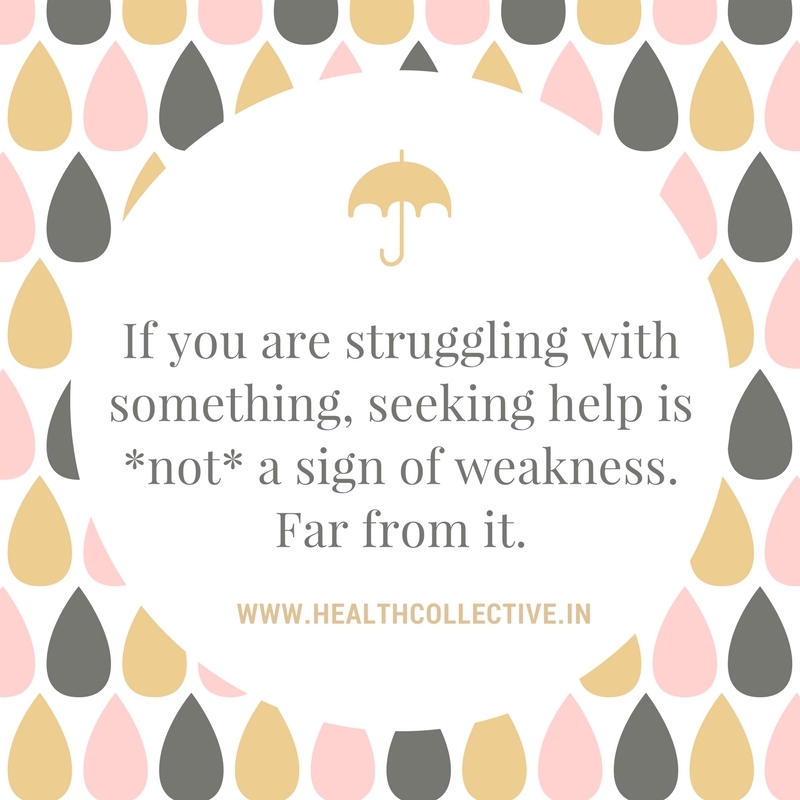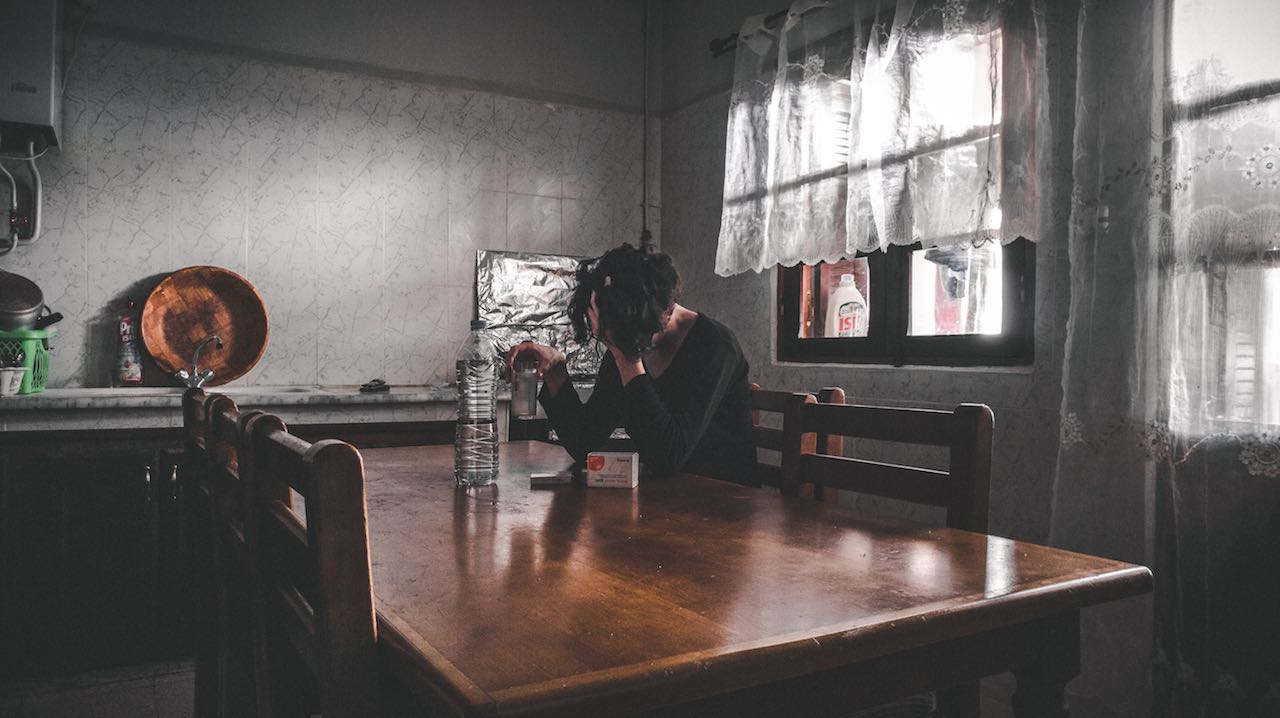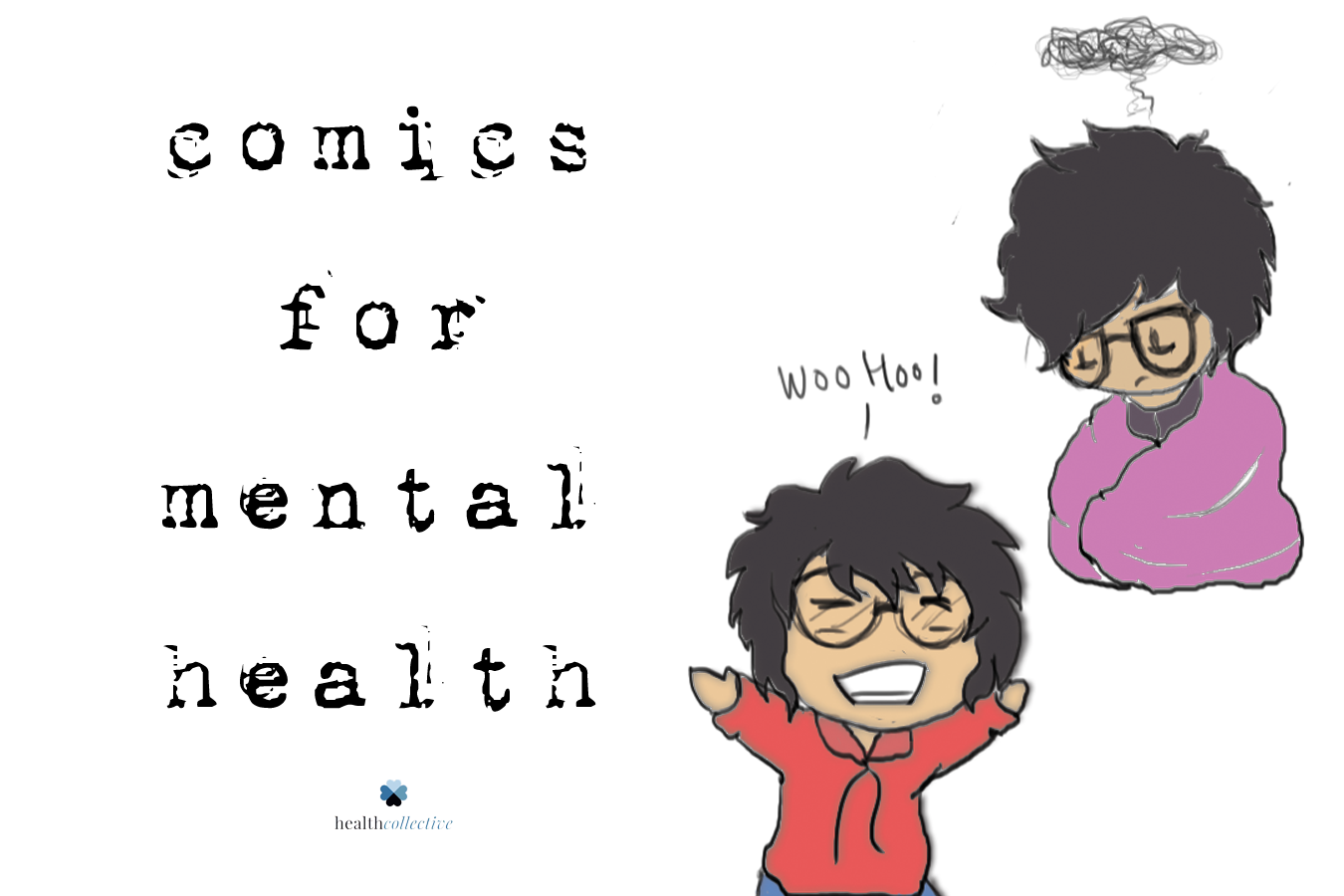Understanding Therapy: Let’s Talk About Dependence
By Kamna Chhibber
The word ‘dependence’ in the context of therapy has received much criticism and negative commentary over the years. Most who enter therapy or know loved ones who are in therapy tend to be apprehensive about the ‘dependency’ that can get fostered in therapy towards the therapist.
There is an underlying hesitation that often inhibits people from reaching out and seeking intervention as they fear having to rely on another. On the other hand, there are those who once in the midst of the therapeutic process feel wariness settle within them about moving forward without the therapist at a later time.
ALSO READ: UNDERSTANDING THERAPY: A THERAPIST’S VIEW
To understand this aspect of so-called dependency it is important to understand the context within which people enter therapy.
Many reach therapists due to difficult past experiences, lack of nurturing systems, a prevalence of ineffective support structures that prohibit the development of key skills required to negotiate challenges that one encounters in life.

ALSO READ: IS THERAPY MEANT FOR EVERYONE?
Others, because they find themselves in challenging circumstances which bring into question their existing strategies of associating with and solving problems. Yet others reach us as they do not have adequate support systems available as they may have moved cities, lost touch with friends or family or just don’t have people around who they can rely on or call close relationships.
‘Dependence’ in these circumstances becomes a key aspect that allows a therapeutic alliance to develop and unfold which acts as a scaffolding to support the desired change process. However, this is not a characteristic that lasts continuously or reaches the levels of pathology which can be detrimental to the person in therapy. Yes a client may need extra sessions or between sessions scheduled interactions during a perceived crisis.
Does this necessarily mean that there is a pathological dependency? The answer is no. A client may need to have an interaction with the therapist before making some major life decision. Does this necessarily mean there is a pathological dependency? The answer to this too, is no. Does all of this mean that the client is weak and cannot make choices? It absolutely does not mean that.
We are all wired to build connections. Without connecting with another individual we are not likely to give importance and value to what they state, feel or believe. This connect happens over an extended period of time in therapy as trust builds and the client becomes aware of the therapists availability, responsiveness, empathy and concern. The therapeutic setting does become a space which the client looks forward to being in as it comes to represent the space where (s)he feels understood, can be open, candid, expressive and receive support which is unconditional, yet authentic.
The test of a good therapist is her or his ability to be able to maintain the dependency within the therapeutic relationship in a healthy space. This comes with the maintenance of boundaries within the therapeutic alliance. Clients may feel perplexed and at times upset with the therapists’ insistence on adherence to particular systems and processes but these are crucial to ensuring that there is healthy dependency. Simultaneously, by envisaging the continuity and maintenance of relationships outside of therapy is helpful as well. It creates the presence of others who can support the client as life progresses over time and cuts into this feeling of getting dependent on a therapist.
At the other end of the spectrum are also those who tend to resist any form of dependence from developing. They resist the growth of connectedness and attachment on account of fears, anxieties, past experiences from getting dependent on their therapists. In doing so one would assume that the therapeutic process gets slowed down. However, these too then become mechanisms to approach the patterns, emotional experiences, and issues that a client comes with to therapy. If things move along as expected, then dependence develops here too and leads to the evolution of a supportive therapeutic relationship.
People change, grow, heal and recover at their own pace. Everyone has their own process that they need to work through with a therapist who is able to attune to their needs and support them in ways that work best for them. Sometimes this process can take time and for others it can be much less time consuming. Regardless of the pace that works for the client, it is hard to not have some amount of dependency evolve in the unfolding relationship.
This dependency is one that weans off on its own over time as the client develops skill sets, acquires or learns coping mechanisms, works through their past patterns and reaches an understanding of themselves and their relationships, becoming more willing to take risks, make their own mistakes, test their own selves and their relationships, no longer needing the therapist to be a secure base to operate from.
Views expressed are personal. The Health Collective cannot substitute for expert advice from a trained mental health expert. Reach out for help: do check for resources available across India.
Share your stories: Write to us @healthcollectif
ALSO READ: Grey Hours: A Psychologist-Survivor’s Journey Through Depression
Feature Image by Issam Hammoudi for Unsplash





Pingback: Understanding Therapy: What to Expect in Your First Session